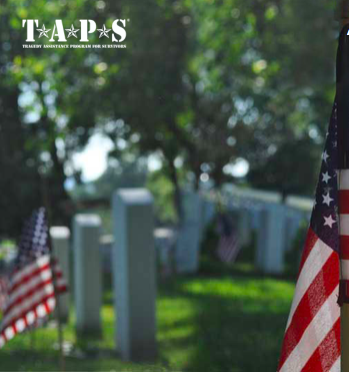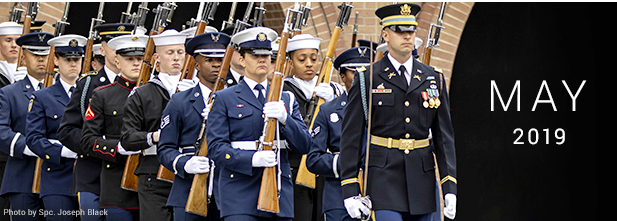Memorial Day and More Soldiers Dying from Illness and Cancer

TAPS, the Tragedy Assistance Program for Survivors, is a national nonprofit 501©3 Veterans Service Organization whose mission is to comfort and hope for families of fallen service members. Since it was started in 1994, TAPS has assisted more than 85,000 surviving families, casualty officers and caregivers.
What is surprising and a cause for concern is that in the last five years the number of families grieving a fallen hero has grown by over 50 percent, but not because of combat deaths. Rather these service members are dying from various illnesses and cancer.
Currently suicide among veterans is epidemic and a major driver for military families to join TAPS, but based on this latest increase in non-combat deaths, the organization projects that by 2020, the top killer driving membership will be cancers or other illnesses.
Since 2007, TAPS membership stats show more than 10,000 service member deaths due to illness including cancers. Given that our soldiers have been in Afghanistan for 18 years and Iraq for 16, many doing multiple tours, epidemiologists speculate that the cause for bladder and lung cancers as well as respiratory ailments may be long term exposure to inhaled fumes from burn pits and fire-fighter foam. Particles from bomb blasts are another potential carcinogen. Many of the cancers experienced by vets who have fought in the Middle East are rare in the general population and rarer still for people as young as the returning vets.
Right now, this data is more anecdotal than it should be because there really is no accurate national database that tracks returning vets.
My novel Silent Survivor deals with deadly side effects of a drug developed by the Army. The idea began when a physician friend alerted me to speculation from both US and Canadian vets that the malaria drug mefloquine (Larium) prescribed before deploying to the Middle East had caused ALS. It is a fact that veterans are twice as likely as civilians to develop the terminal disease, but up to now for many reasons it has been difficult to prove cause and effect. This is why I fictionalized the drug in my story.
Every Memorial Day weekend the organization holds a National Military Survivor Seminar and Good Grief Camp in Washington, D.C.
This year, TAPS and several other veterans organizations will launch an effort to begin to capture the full extent of the problem, beginning with its first-ever panel on “Understanding Toxic Exposure in the Military.” They will discuss illnesses tied to overseas wars and domestic living conditions.
However late, it’s a start.
